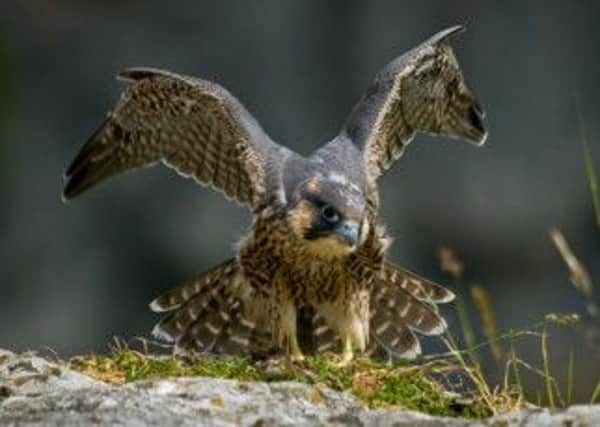How video’s eagle eye helps protect rare birds from egg thieves


Police and enforcement officers from the Royal Society for the Protection of Birds (RSPB) have been sharing intelligence after evidence emerged that offenders are travelling from across the country to raid the nests of birds in the region.
Many egg hunters are also embroiled in other criminal activity, including drug dealing, to help finance their time-consuming searches for the nests of rare birds which often involve travelling long distances across the country.
Advertisement
Hide AdAdvertisement
Hide AdNorth Yorkshire, which is home to species including red kites, peregrine falcons and ospreys, is one of the worst blackspots in the country for offences, according to the charity.
RSPB officials say they are employing increasingly sophisticated technology to hunt down egg collectors who are continuing to flout tougher laws, with jail terms of up to six months for offenders. Video surveillance is being used to monitor nests, while satellite tracking devices fitted to birds are helping to trace their movements to nesting sites.
An RSPB spokesman said: “While many of these species are showing signs of recovery, they do remain threatened and egg collectors are a very real problem.
“We do have close links with police and we are increasingly turning to new technology to help monitor birds’ nests. Offenders are continuing to operate across the country, but Yorkshire is a particular concern because of the number of species which live there and we are having to remain especially vigilant in the region.”
Advertisement
Hide AdAdvertisement
Hide AdThe Yorkshire Dales National Park Authority confirmed yesterday that efforts are underway to protect a pair of peregrine falcons which attract thousands of visitors every year to Malham Cove. Peregrines started nesting at the cove 20 years ago and have since raised more than 40 offspring.
Visitors have been urged to stay away from the nest site and the British Mountaineering Council has again voluntarily imposed temporary rock climbing restrictions. An area at the top of the cliff has also been sealed off and warning signs put in place.
The RSPB said there are “loose networks” of egg collectors operating around Britain, but many are lone offenders, which presents significant challenges in trying to bring them to justice. However, the efforts of law enforcement agencies led to the conviction of a collector in January who stashed more than 1,000 eggs at his home in Upper Cumberworth, near Huddersfield.
Magistrates heard Terrence Potter, 55, became “obsessed” by colourful eggs and spent two years gathering more for his collection. More than 500 were held illegally and included the eggs of protected species, including owls, spoonbills, sparrowhawks and kestrels.
Potter was given a conditional discharge but warned he faces a harsher sentence if he re-offends in the next two years.